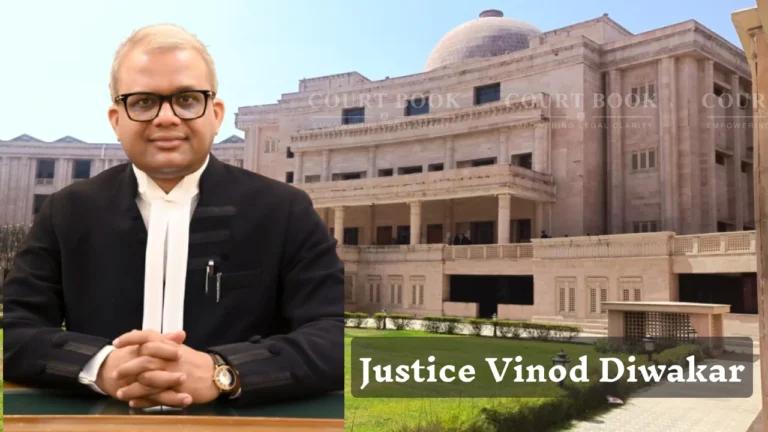The Allahabad High Court has taken serious note of an unusual case where a woman named Rani Pandey and her counsel both denied filing a writ petition, raising suspicions of identity misuse and foul play. The Court has now ordered a full investigation into the matter, suspecting that the woman's husband might have orchestrated the filing to influence a divorce case.
According to the case documents, a writ petition was filed under Article 226 of the Constitution, claiming that the petitioners, Rani Pandey and one Vinod Pandey, were married and sought protection from threats by the woman's family. However, during the court hearing on April 27, 2024, Rani Pandey appeared in person and shocked the bench by denying any knowledge of the petition.
Read Also:- Denying Girls Education Over Menstrual Health Issues is Unacceptable: Rajasthan High Court
She stated clearly in open court:
“I did not file this petition, nor did I authorize anyone to file it. Someone has impersonated me using my Aadhaar card.”
She explained that she is legally married to Samrat Pandey and has two children from that marriage. Due to personal disputes, she currently resides with her father. She accused her husband of possibly colluding with others to falsely file this writ to create grounds for divorce.
Read Also:- Allahabad High Court Urges Finance Ministry to Train DRT Officers Over Repetitive, Unreasoned Orders
Justice Vinod Diwakar, deeply disturbed by the possibility of such fraud, ordered the Commissioner of Police, Prayagraj, to conduct a preliminary inquiry. If any cognizable offence is found, an FIR must be registered immediately. The Court also instructed that progress reports of the investigation be submitted quarterly to the Chief Judicial Magistrate.
The court-appointed Registrar conducted an internal inquiry and confirmed that:
“The petition was not filed by Smt. Rani Pandey or the advocate whose name appeared on the documents.”
Read Also:- LMV Licence Valid for Driving Auto Rickshaw, Rules Kerala High Court Citing Supreme Court Judgment
Advocate Lallan Chaubey, whose name was listed in the petition, also denied any involvement. In his affidavit, he said:
“I had no knowledge of the petition until I received a court notice. My signature was forged.”
The Court noted that an Oath Commissioner might have been negligent in verifying identities, adding to the seriousness of the fraud. It was also found that SMS alerts regarding petition stages were sent to the Advocate on Record, as per procedure, which further raises concerns about who was managing the filing process.
Samrat Pandey, the woman's legal husband, alleged in a counter affidavit that Rani Pandey was in an extramarital relationship with Petitioner No. 2, Vinod Pandey. However, Vinod also denied filing the petition and claimed he was unaware of its existence.
Taking all this into account, the Court concluded:
“Prima facie, a fraud has been perpetrated on this Court. This fraud could not have occurred without someone well-versed in court procedures.”
Read Also:- Rajasthan High Court: Mother Has Full Right to Be Named in Child's Academic Records
Justice Diwakar emphasized that such actions are an attack on the integrity of the judicial system:
“If the conspirators succeed, it would erode public trust in the rule of law. Such conduct strikes at the heart of justice and must be dealt with firmly.”
The petition was dismissed, and a thorough, scientific investigation was ordered. The Court directed forensic analysis of the original petition documents, signatures, and IDs, with instructions to preserve the case file securely.
Case Title: Rani Pandey And Another v. State Of Up And 3 Others [WRIT - C No. - 12032 of 2024]















